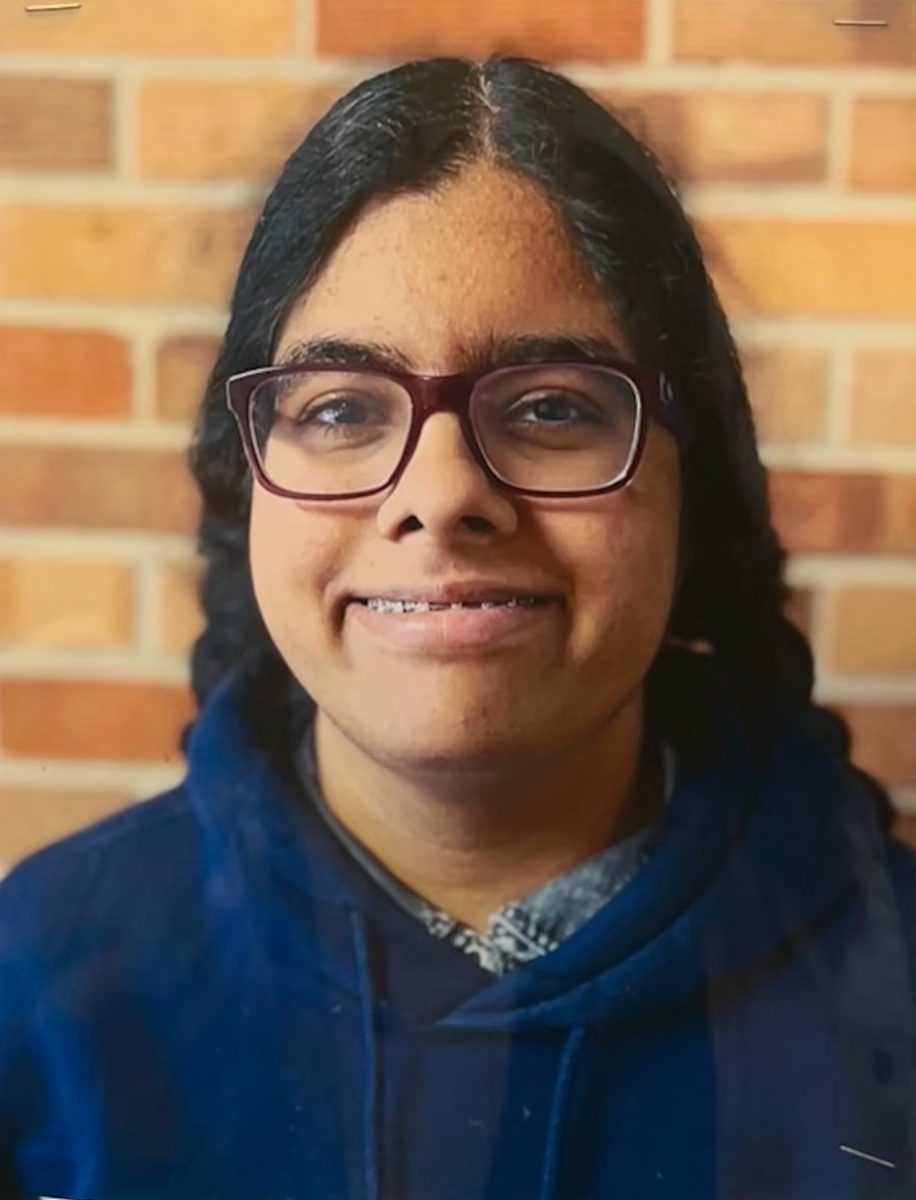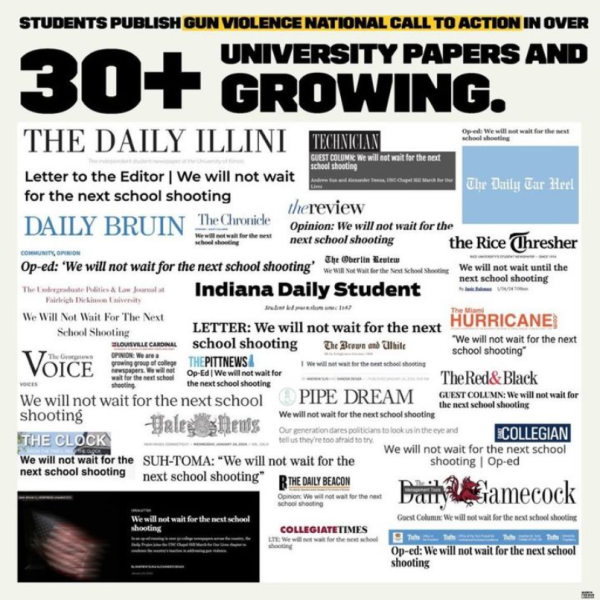The “Hunger Pandemic” or the COVID-19 Pandemic?

Courtesy of Wikipedia Commons
November 20, 2020
Right now, there are people worrying about dying from hunger before they die from COVID-19. Many are going to bed thinking of one thing and one thing only: the need for food. Even before the countless natural disasters and humanitarian crises this year, millions of people are facing this kind of hunger. With coronavirus added on top of this pile, the amount of food available in many countries is dwindling. David Beasley, the United Nations World Food Programme (WFP) head chief, explains the seriousness of starvation in 2020 and the coming year of 2021 in both his April and September transcripts.
“[T]he World Food Programme analysis shows that, due to the Coronavirus, an additional 130 million people could be pushed to the brink of starvation by the end of 2020. That’s a total of 265 million people,” Beasley said.
However, what is the cause of this problem, and what is the solution? Oxfam International explains the disturbing cause of this widespread problem:
“These devastating hunger levels are a symptom of a broken food system that has allowed millions of people to go hungry on a planet that produces more than enough food for everyone.”
This pandemic has deepened those lines of inequality and division, as the availability of food has become even more scarce due to the overall economic downfall. Additionally, workers for food-producing establishments have contracted COVID-19 and are not able to work. With their original burden of poverty weighed down by constant violent strife in their hometown and even more with the worldwide pandemic, it is a trying time for many less-fortunate countries.
WFP is worried about a future famine that may occur in 2021. Money and funds have not been enough for them to be able to distribute the help each country desperately needs. For example, Latin America, Afghanistan, and other poor, even middle-class countries have millions of people battling starvation. However, this organization is doubling its efforts to impact more people than they ever have before.
Many people are unaware of the fact that there is a “hunger pandemic”; however, JAMA Network quotes Beasley and how he speaks on the future implications of this serious problem.
“Until the day we have a medical vaccine, food is the best vaccine against chaos. Without it, we could see increased social unrest and protests, a rise in migration, deepening conflict and widespread under-nutrition among populations that were previously immune from hunger.”




